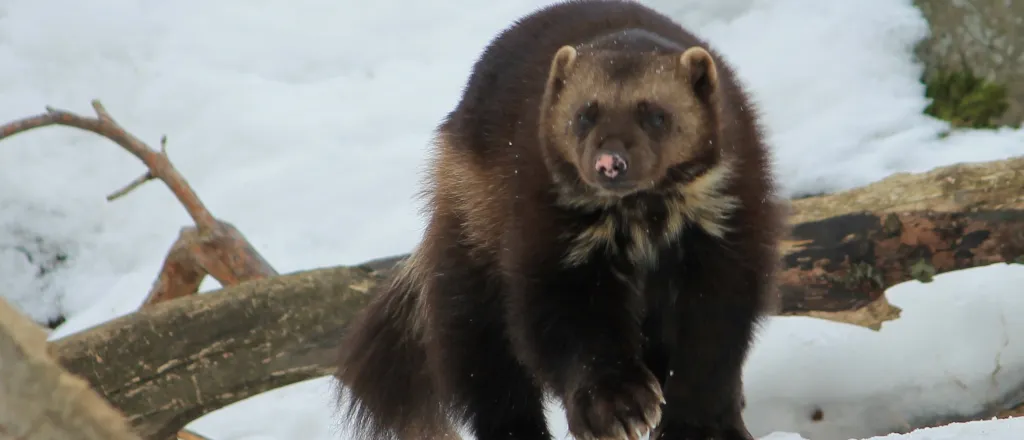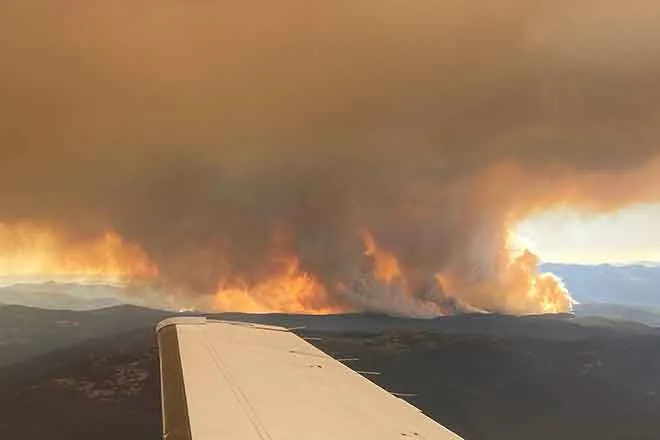
Wolverines could get federal protections in November
(Wyoming News Service) Wyoming's elusive population of wolverines, whose contributions include keeping in check squirrel and other small mammal populations living at high elevations in deep snowpack, are at risk due to loss of habitat and climate change.
The latest U.S. Fish and Wildlife species assessment suggested federal protections under the Endangered Species Act could come as soon as November.
Andrea Zaccardi, carnivore conservation program legal director at the Center for Biological Diversity, would welcome the move.
"We're relieved that the U.S. Fish and Wildlife Service finally recognized the threats to wolverines," Zaccardi said. "We're hopeful that will lead to a decision to federally protect them in the future."
Wolverines in the lower 48 were driven to the brink of extinction due to fur trapping and poisoning, but reemerged after states added protections. Wyoming prohibits hunting or trapping wolverines but has opposed federal protections. Former Gov. Matt Mead told the Department of Fish and Wildlife members of the Wolverine Science Panel were uncertain about climate change's impacts on wildlife.
Zaccardi noted whatever skepticism may have existed over the impact of climate change on wolverines is not represented in Fish and Wildlife's new report.
"The new assessment shows that there is consensus among scientists about the threats that wolverines are facing," Zaccardi pointed out. "And that climate change is a real threat to these species."
Conservationists said protecting wolverines -- alongside grizzlies, lynx, wolves and other species at risk -- safeguards Wyoming's wild spaces, which are central to the state's identity and draw visitors from across the globe. Zaccardi believes Endangered Species Act protections are a critical tool for keeping ecosystems humans also depend on healthy and intact.
"The loss of wolverines could have a profound impact on the general health of ecosystems across the Mountain West that they inhabit," Zaccardi concluded.
















